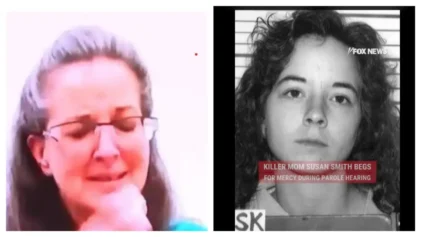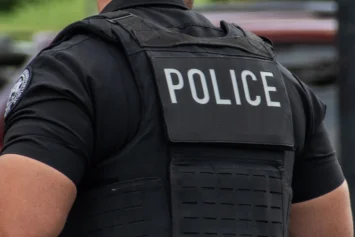
North Carolina Gov. Pat McCrory. Official photo.
North Carolina Gov. Pat McCrory signed legislation Monday that will make it much harder for the general public to view police recordings.
House Bill 972 has placed severe restrictions on police body camera and dashboard footage, limiting the video or audio files to the civilians captured in them. Those individuals and their representatives can request a viewing from the police department, but they are not permitted to make copies for their own records.
“If you hold a piece of film for a long period of time, you completely lose the trust of individuals,” Gov. McCrory said, per ABC News. Yet, he added, “We’ve learned if you immediately release a video, sometimes it distorts the entire picture, which is extremely unfair to our law enforcement officials.”
Departments have the right to deny a request, should officials determine a release would put an officer’s reputation or safety at risk or compromise an active investigation.
The only way around a refusal is a court order from a judge.
“Body cameras should be a tool to make law enforcement more transparent and accountable to the communities they serve, but this shameful law will make it nearly impossible to achieve those goals,” said Susanna Birdsong, policy counsel for the ACLU of North Carolina. “People who are filmed by police body cameras should not have to spend time and money to go to court in order to see that footage,” she said. “These barriers are significant and we expect them to drastically reduce any potential this technology had to make law enforcement more accountable to community members.”
The new law, which goes into effect this October, came less than a week after onlookers captured cell phone video of two police shootings of African-American men, setting off nationwide protests and debate on racial profiling and excessive force in policing.
Republican Rep. Patricia Hurley, who co-sponsored the bill, shot down accusations that its passage was related to the events.
“It had nothing to do with the recent shootings,” she said via CNN. “We felt because of the cost of implementing the program as well as the cost of storing the tapes, that departments should have some guidance and the local departments should fund them, not the state.”
The state previously had no directives on the books governing the accessibility of police recordings, though dash cam video is reportedly considered to be public record currently, while a number of agencies treat body cam footage as confidential, part of an employee’s personnel files.
Gov. McCrory agreed that there should be a uniform law to reduce ambiguity.
“It’s better to have rules and guidelines with all this technology than no rules and guidelines whatsoever,” McCrory said at the bill’s signing, per ABC 11.
The local news station reports McCrory also enacted the Blue Alert System, which uses the same notification process as the Amber Alert for missing children. The multi-state system works to facilitate the apprehension of individuals suspected of killing or causing serious injury to local, state or federal police officers.
North Carolina is the 27th state to adopt the technology since 2008.


